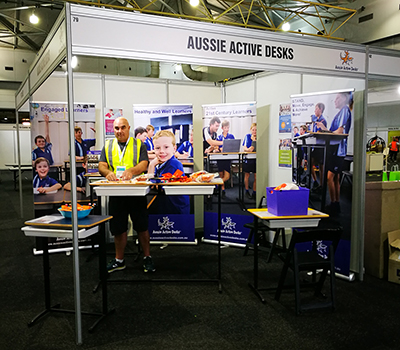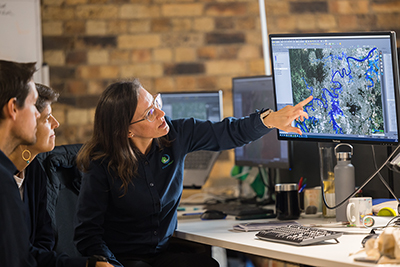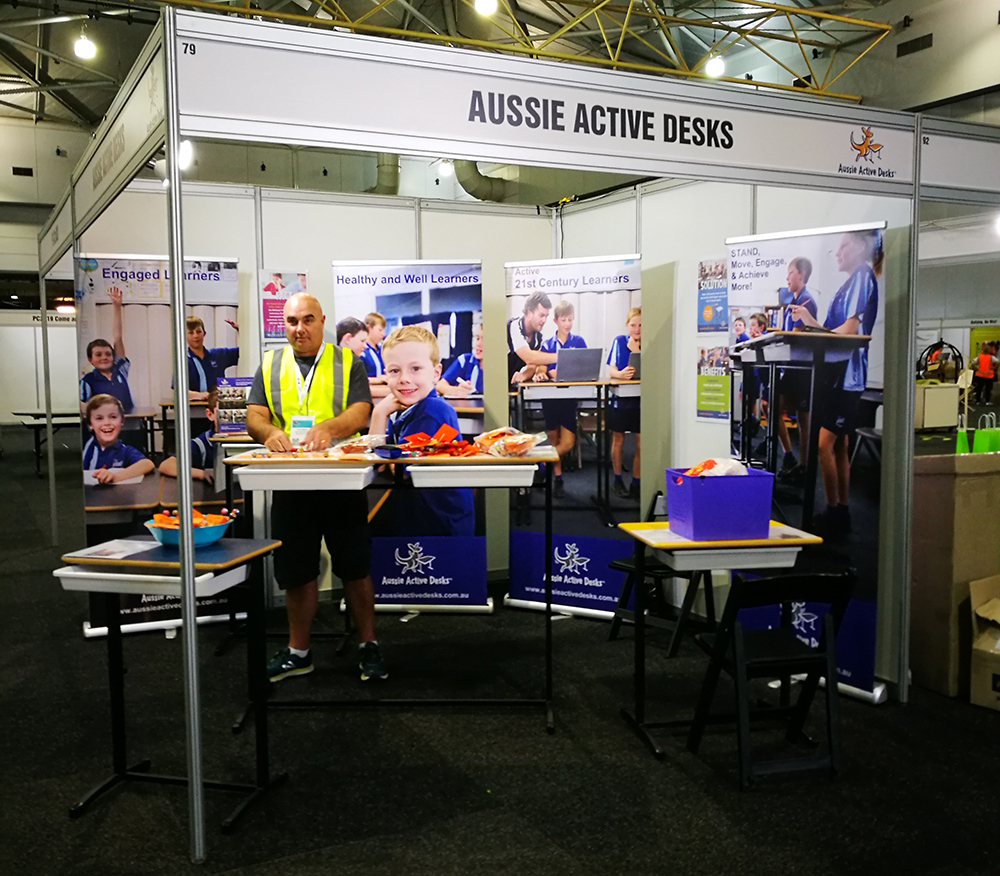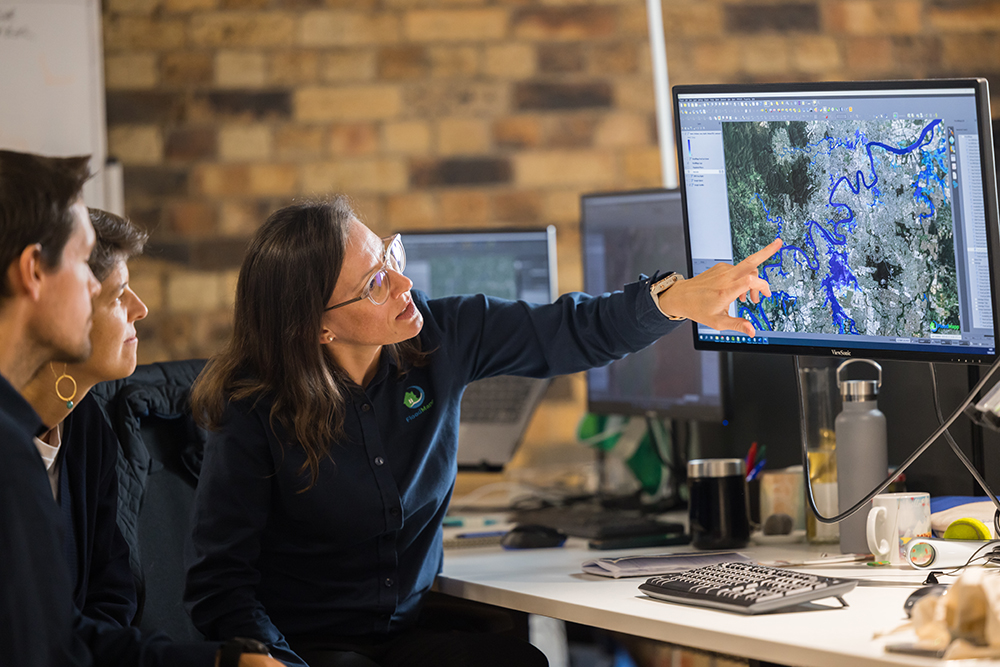Economy
The content on this page remains valid until 31 December 2025.
Thriving, resilient and decarbonised economy
Use procurement to drive sustainable economic growth, encourage innovation and increase supplier diversity
Driving growth through procurement
Procurement investment is a powerful tool for economic recovery, growth and resilience.
In tough times, our suppliers work with us, innovating and pivoting to supply critical goods and services to Queenslanders.
By using the right procurement strategy and method, we can optimise the procurement outcome while advancing the government’s economic, ethical, social and environmental objectives.
We are committed to:
- improving opportunities to participate in procurement for all types of suppliers to enhance supplier base diversity
- prioritising suppliers employing a local workforce, enhancing their capacity and capability to thrive
- positioning Queensland to foster and adopt innovation, driving more genuine, quality, local jobs, and better economic and community outcomes
- prioritising a decarbonised future
- implementing circular economy1. principles in procurement, providing more opportunities for local businesses that support resource efficiency.
Buy Queensland 2023 is about using our procurement power to:
- protect critical supply and foster world class manufacturing by introducing Supply Chains of State Significance
- support the growth of renewable energy to power our future, reducing our exposure to global supply chain disruption and competition for global energy components
- support opportunities to reduce climate risk, strengthen supply chain resilience and drive a broader market shift towards innovative, low carbon products and services.
Strong foundations
Building on the strong foundations set by Buy Queensland in 2017, we will continue to use our procurement to:
- increase government procurement spend with Aboriginal and/or Torres Strait Islander businesses to three per cent
- spend at least 30 per cent of our procurement dollars with Queensland small and medium enterprises (SMEs)
- invite at least one local supplier, where possible, for every quote or tender
- increase spend with genuine, quality, social enterprises providing award-based wages (using the Supported Wage System where appropriate) and pathways to mainstream employment for disadvantaged Queenslanders
- encourage innovation.
$4.5 billion investment in cheaper, cleaner energy through the Queensland Renewable Energy and Hydrogen Jobs Fund.
Taking it to the next level
As part of Buy Queensland 2023, we will:
- encourage flexible procurement techniques (including set-asides2 and early market engagement where appropriate) to achieve government objectives while maintaining value, probity, accountability, and due diligence considerations
- boost access for suppliers including for example small and medium enterprises; Aboriginal and/or Torres Strait Islander businesses; social enterprises; women-owned and/or women-led businesses; businesses owned or operated by people with disability; and culturally and linguistically diverse suppliers
- enhance common-use supply arrangement diversity including ensuring regional and remote suppliers are represented on our arrangements
- implement the renewable energy procurement policy to drive local economic development, build Queensland communities and establish industries such as green hydrogen and wind
- develop a circular economy target as part of Queensland’s Waste Management and Resource Recovery Strategy review
- support Queensland’s Climate Action Plan by setting an emissions baseline for each priority procurement category by 2024, and aim for priority procurement activities to reduce emissions by at least 30 per cent from the baseline by 2030, with a recommended target of 5 per cent reduction from the baseline per year
- develop a procurement-related policy to stimulate the economy through improved innovation in government procurement including access for innovative suppliers.
Supply Chains of State Significance
We use our procurement power to support local jobs and manufacturing, through for example, our local benefits approach and support of innovation. We are adding a new measure to take this even further and support the establishment and growth of new industries through Supply Chains of State Significance.
Where a Supply Chain of State Significance is declared, activity will centre on building a capable and competitive Queensland manufacturing sector, boosting Queensland content and managing risk for critical supply chains. This involves putting in place strategies like set-asides for local goods, materials, componentry and services where appropriate.
Agencies will record an ‘if not, why not’ statement in situations where Queensland suppliers are unable to be engaged within a Supply Chain of State Significance.

Case study: Aussie Active Desks
Aussie Active Desks demonstrates its commitment to Buy Queensland and putting Queenslanders first by engaging various regional Queensland businesses to manufacture, test and promote its products.
The company has an Australian Made Campaign licence and sources its products from Australia, for example, the Laminex decor wood board for desktops comes from Gympie, and the desks are manufactured in Pomona by Page Furnishers.
Since 2019, Aussie Active Desks has used a Sunshine Coast engineering consultant to provide research and testing services for units to Australian Standards for quality and safety. They use Queensland suppliers for their graphic design, company car, uniforms, printing and photography.
Aussie Active Desks received a Highly Commended Award at the 2021 Buy Queensland Supplier Awards in the Putting Queenslanders First category.
Case study: Building Queensland’s flood resilience
The Brisbane-based disaster technology company FloodMapp, exemplifies the Buy Queensland procurement approach, almost tripling its local workforce from 10 to 29 in six months. This enabled FloodMapp to develop the three innovative technology products (ForeCast, NowCast and PostCast) that delivered positive outcomes for Queenslanders by enabling quick, informed disaster and recovery responses during floods.
FloodMapp co-founder, CEO Juliette Murphy commercialised the world’s first ‘at scale, real time intelligence tool’ in three years.
The company grew quickly as they utilised emerging tools and technologies like AI and machine learning, along with traditional hydraulics and hydrology approaches.
Engagement with government agencies helped inform, and pilot the product.
“We have given them tools that helped to save lives, prevent damage to assets and streamline distribution of recovery funds and resources to these communities,” Juliette said.
FloodMapp integrates asset-specific, live mapping feeds with existing geographic information systems.
During the 2022 floods, ForeCast, NowCast and PostCast provided real-time flood intelligence services for 191 days, 24 hours per day.
Thirty-one ForeCast flood maps across thirteen cities and towns were delivered to Queensland Fire and Emergency Services, enabling warning time, door knocking, evacuation planning, swift water rescues, and preventing livestock loss and damage.
The 4584 NowCast flood maps helped prevent asset damage and enabled de-energising, while PostCast maps facilitated timely recovery.
Supporting local has allowed FloodMapp to ‘fuel its growth’ to create Queensland jobs and win international contracts, while boosting Queenslanders’ resilience.

1 The circular economy is about changing the way we design, produce, use and dispose of products, focusing on minimising waste by keeping materials in use for longer and extracting maximum value from them.
2 A set-aside involves reserving or ‘setting aside’ certain government procurement contracts for specified types of businesses, as part of a procurement strategy to pursue identified government economic, ethical, social and/or environmental objectives.

